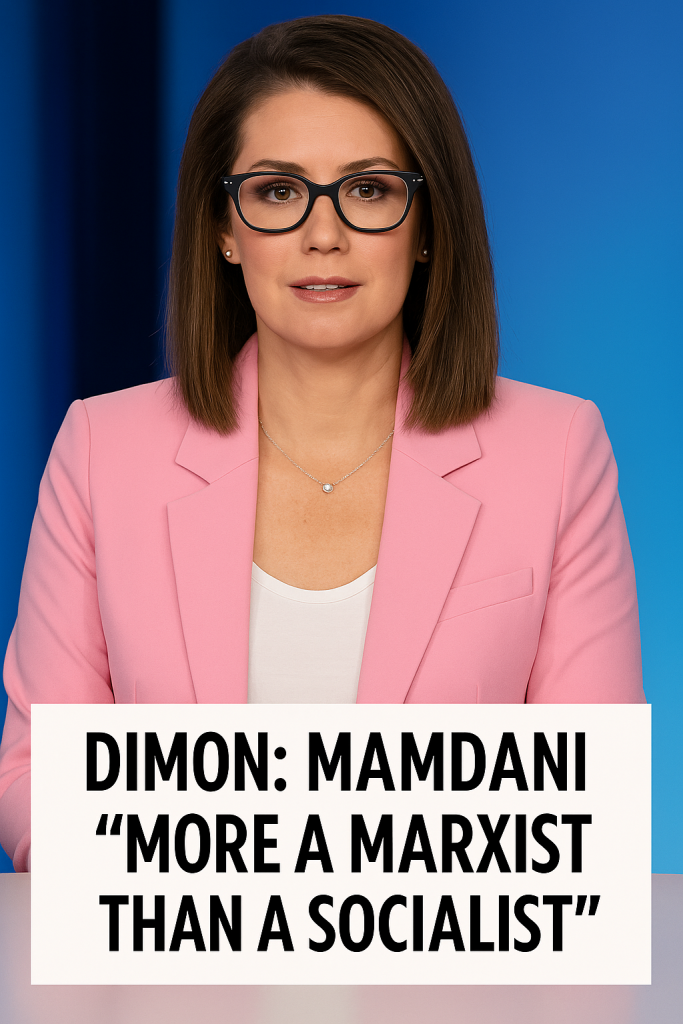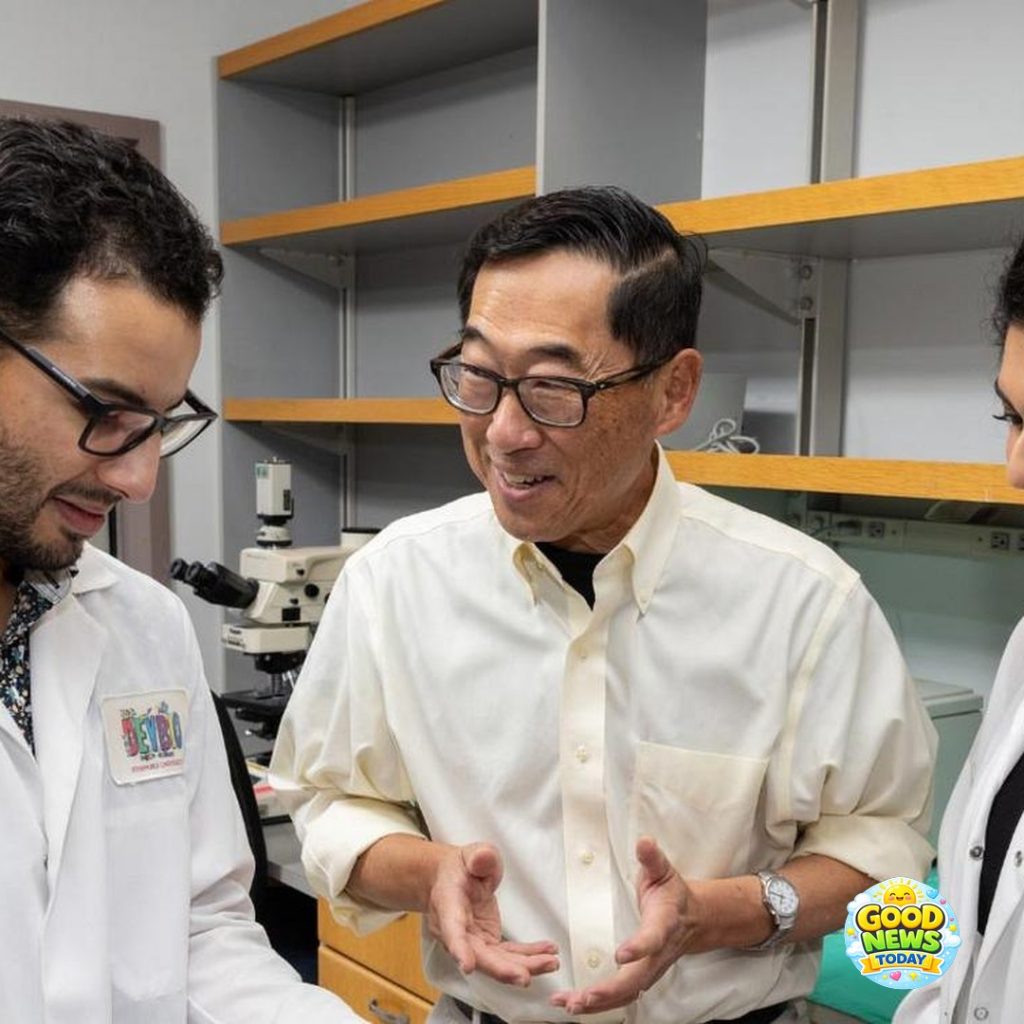New York City Democrats are navigating a challenging political landscape amid growing tensions sparked by recent remarks from JPMorgan Chase CEO Jamie Dimon. Dimon’s pointed criticism of democratic socialist candidate Zohran Mamdani, who is vying for mayor in one of the city’s most contested races, has reverberated through the local political establishment, leaving party leaders and activists uncertain about their next moves.
Political commentator Jessica Tarlov encapsulated the mood succinctly, describing the situation as “bleak out there right now.” Her observation underscores the deep divisions and complex dynamics at play within New York City’s Democratic base, which is currently split between progressive insurgents and more traditional, centrist figures.
The backdrop to Dimon’s critique involves Mamdani’s rising prominence as a democratic socialist candidate who has energized a young and diverse coalition with promises of transformative policies on affordable housing, criminal justice reform, and economic inequality. Mamdani, a state assembly member known for his progressive platform, has steadily gained traction, challenging entrenched party structures and appealing to voters seeking radical change in city governance.
In a recent interview, Dimon expressed sharp reservations about Mamdani’s policy proposals, warning that some populist ideas could threaten economic stability and deter business investment in New York City. His comments have stirred a fierce debate, as many Democrats view them as an attempt by corporate interests to influence the city’s electoral process, while others see Dimon’s stance as a candid appraisal of pragmatic economic realities.
The impact on the Democratic Party is profound. For years, New York City Democrats have managed a delicate balancing act between progressive ideals and the pragmatic concerns of maintaining a stable economy that supports businesses and jobs. Dimon’s intervention has brought these tensions to the forefront, revealing fractures within party ranks over the direction of the city’s leadership.
Within the party, reactions are mixed. Some senior Democrats appreciate Dimon’s frankness and support cautioning against policies they fear could alienate moderate voters and jeopardize fiscal sustainability. Conversely, progressives see Dimon’s remarks as emblematic of an out-of-touch elite dismissing grassroots movements and the demands of marginalized communities.
Tarlov discusses how this uncertainty feeds into broader anxieties about electoral viability and strategic positioning. “There is a palpable sense of unease that permeates the party right now,” she noted, pointing to the challenge Democrats face in uniting diverse factions while contending with a Republican opposition eager to capitalize on intra-party divisions.
Adding to the pressure, the mayoral race has entered a critical phase with early voting approaching and heightened media scrutiny. Democrats must decide whether to consolidate support behind a single candidate to present a unified front or allow the primary to reflect the full spectrum of ideological positions within the party.
Political analysts observe that Dimon’s public condemnation of Mamdani may serve as a bellwether for larger national discussions about the influence of corporate leaders in politics and the growing polarization between establishment Democrats and the progressive wing. The ramifications could extend beyond New York City, potentially affecting how future campaigns are shaped in urban centers across the country.
As the city’s voters weigh their options, Jessica Tarlov’s stark assessment remains a cautionary reminder of the challenges ahead. “It is bleak out there,” she said, emphasizing the need for thoughtful dialogue and pragmatic solutions to bridge the growing divides within the Democratic coalition.
In the meantime, Zohran Mamdani remains a symbol of a movement determined to reshape New York City’s political landscape, even as powerful industry voices warn



